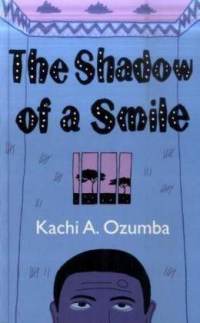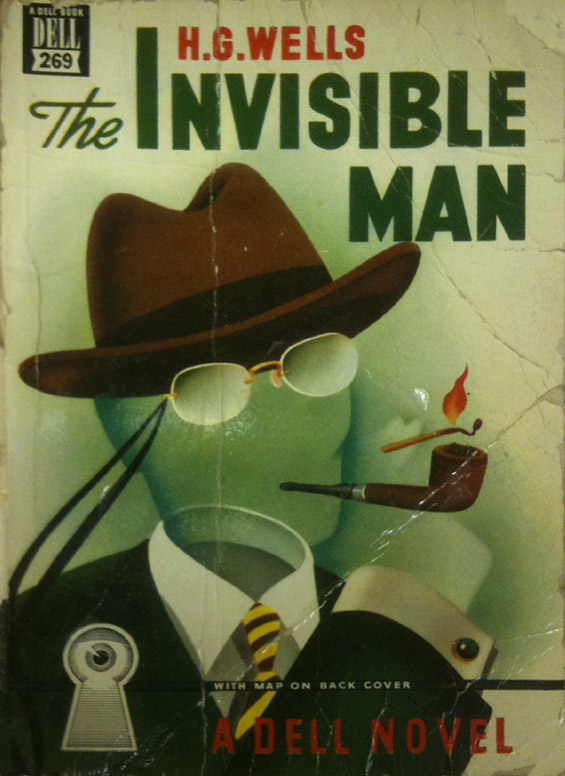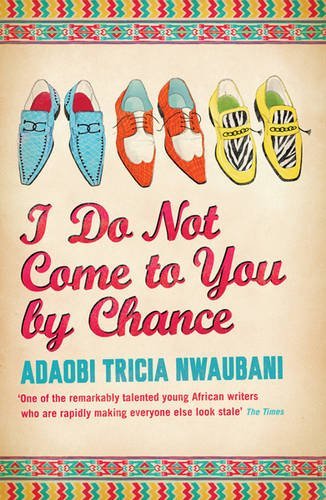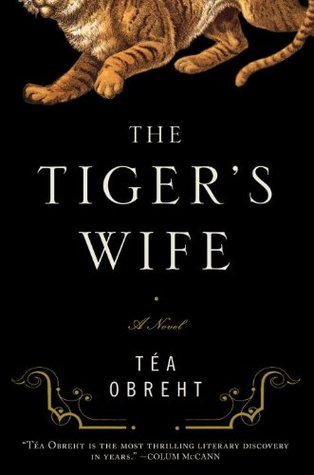
The story: Given that the novel is so long, please pardon me for pasting the blurb and adding a few titbits afterwards. Here you go:
“November 22nd, 1963 was a rapid-fire sequence of indelible moments: Shots ring out; a president slumped over; a race to the Dallas hospital; an announcement, blood still fresh on the First Lady’s dress. But what if President John F. Kennedy didn’t have to die; if somehow his assassin could have been thwarted? For Maine schoolteacher Jake Epping, those hypothetical what if’s become real possibilities when he walks through a portal to the past. Without special skills and still unfamiliar with his new/old surroundings, he struggles to discover a way to change the history he left.”
Al, the propriety of the eponymous diner is dying of cancer. He calls Jake over when he realises his days are numbered and reveal the rabbit hole to him. Through this conduit, 35-year-old Jake returns to America in 1958 and luxuriates in ginger ale that was …”full. Tasty all the way through”. Jake’s entree in the past’s menu is served up by an essay that was written by one of his students, a man named Harry Dunning who has studied for his GED. Harry, who is old enough to be Jake’s father, had an assignment to write about a day that changed his life. He wrote about when his father went all Amityville on his mother and siblings with a sledge hammer when Harry was a boy in 1958. So off goes Jake, armed with a few supplies by Al and a few nuggets of information to save the Dunning family and return to 2011 to see what would change if he succeeded. His first attempt fails and so he returns to 1958 to try again. He succeeds this time. Homeboy has 5 years however, with which to while away time until JFK is assassinated. Or not if Jake has it Al’s was.
Jake is charmed by 1958 America but not all parts of it. He hates Dallas (where Oswald lives) so he moves to small-town Jodie where he falls in love with the local librarian, Sadie. She’s a smart one and realises something is askew with her new lover. His use of ‘dude’ and singing a Rolling Stone’s song about shagging drunk chicks or something along those lines gives the game away.
Anyho, he admits his otherworldly-ness to Sadie and in true Bonnie style, she goes along for the ride with her lover to ensure that JFK’s presidency remains uninterrupted. Jake succeeds in thwarting Oswald’s assassination but Sadie gets killed in the process. Mission accomplished and heart torn apart, Jake returns to 2011. It is Armaggedon – the world is a terrible, terrible wasteland. He happens to meet Harry Dunning who tells in him in so many words that Kennedy’s decisions in the white house caused this.
He promptly returns to 1958 to reset his actions; each time he goes down the rabbit-hole, the past resets itself. The novel ends with Jake finding 80-something-year-old Sadie who has no clue who he is. And how they danced.
Rewa’s take on things: If you this equation, King = Horror, resonates with you, you’re dead wrong. Ok, maybe dead isn’t apt – you’re very wrong more like. Most people unfairly pigeon hole King into the Horror category but he delivers so much more than that. Mr King is a certified don. I had forgotten how much I liked his work until Amazon’s wonderful marketing machine churned the 11.23.63 recommendation my way. I finished this novel in 3 days (even with my 9-na-5) because I was that eager. King just has a way of captivating his audience; he certainly cast a magical spell on me.
In 11.23.63, the premise of time travel rooted deep in sci-fi doesn’t appear far-fetched or ludicrous because King makes it so credible, so desirable. I found it refreshing that there was no faffing around; within the first 25 pages, Jake descends down the invisible steps in Al’s pantry and into 1958 Maine. The characters had depth; I like Jake Epping’s unobtrusive narration. Small, marked touches like Sadie’s unusual height (she’s 6 feet tall, 2 inches taller than yours truly – so jealous!!!) in a period where women were so dainty, made the story that much more real. Usually when authors give a key character the limelight, in a bid to make them memorable, they give them irritating habits (see Zuba in The Shadow Of A Smile for example) which detract from the story. None of this was evident in Jake Epping. It may sound strange but I felt that Epping was King’s Adam (created in his image and all that jazz). In the author’s afterthought, King confirms as much. Lee Harvey Oswald was a worm and I HATE any man who raises his hand to a woman, no matter the circumstance (Chris Brown might still get it though ;-)). The subliminal prevalence of the jimla was another way that King kept my interest piqued – King could have easily used this to turn the novel into a cheap horror flick but he didn’t. The Yellow Card Man was also an interesting character I wish could have been explored in a bit more depth; we only understand his part in the bigger picture in a few pages. Who else wondered what would have happened had Jake given him a dollar instead of 50 cents?
And oh wasn’t 1958 lovely? Girls in long poodle skirts were lindy-hopping and jitterbugging with boys with crew cuts. Reading of Jake’s meanderings and interactions with the people of erstwhile days had a hazy, surreal feel to it, akin to viewing the world on an old reel. Simply magical. For a moment, history is in your hands and then you lose it again. A bit like a child who accidentally lets go of a balloon. Goodness, I’m such a pretentious, pseudo- literary arty-farty!
The sheer amount of effort and research King must have invested to construct this period piece is astounding and for that he deserves a Birkin. Hmm actually make that an IWC horology extravaganza (proceeds from this novel probably got him that anyway). In 11.23.63, King’s craftsmanship, like an IWC, is fine. He has you begging for more of the nostalgia that he engrains so well in his readers, you yearn for more pages on the world that is not here anymore. The minutia of Oswald and Marina’s decrepit lives add to the brevity of the story.
I wasn’t quite sure how King would end this one, how on earth would he go on to depict America if Kennedy had lived? I was a bit let-down with this denouement. I felt that the Armageddon, Chernobyl-esque America was rather farfetched and bombastic. Whilst still enjoyable, I was quite ready for the novel to end once Epping returned back to the 2010 for the last time and I give King credit for ending the novel when he did and the way he did. The slight, and I mean slight, let-down for me was the Jake-embraces-Jodie-life-and-falls-in-love-with-Sadie longueur.
Whatever the novel’s flaws, it is a rich reading experience laden with pathos. One thing though, I’m very grateful for my Kindle because Lord knows I don’t have the muscular capacity to lug this tome around . Oh and if you didn’t hit google the minute you were done to search “JFK Assassination” “Lee Oswald Marina” and most importantly, “Jackie Kennedy Pink Chanel Suit”, you’re either a liar or a weirdo!






